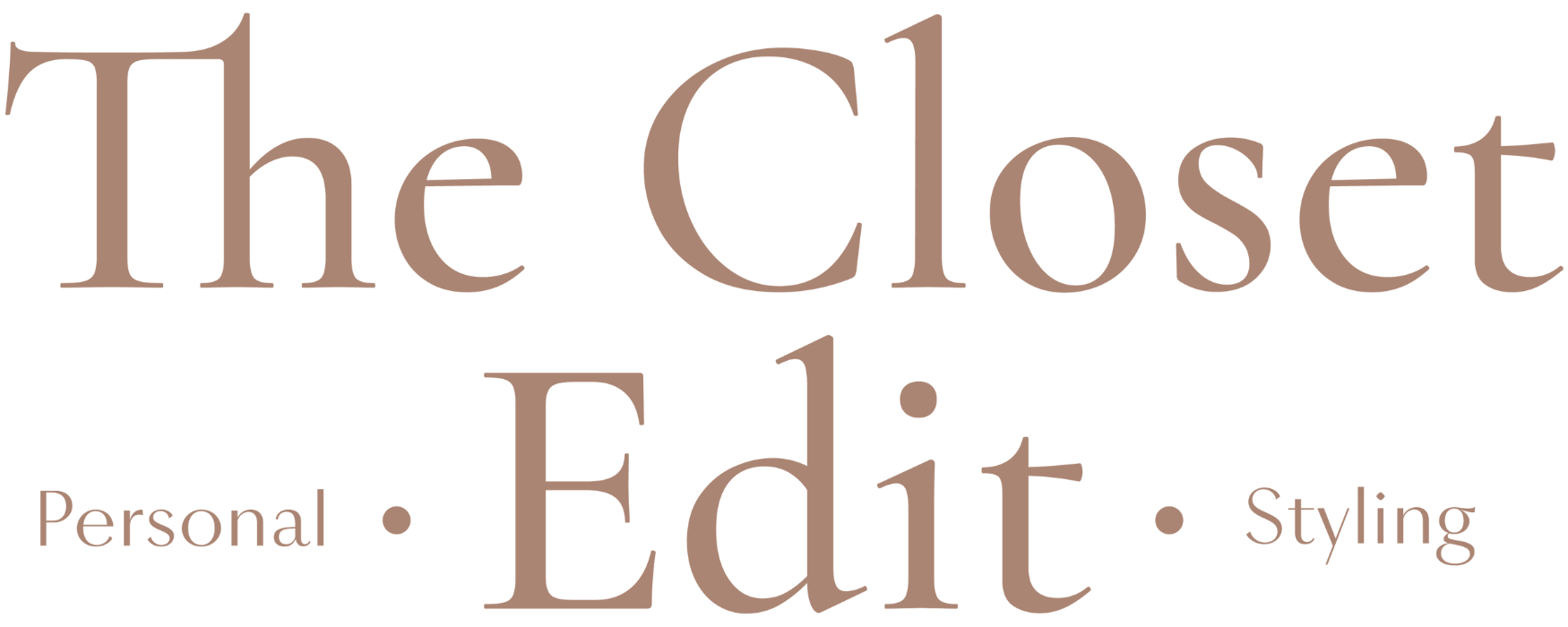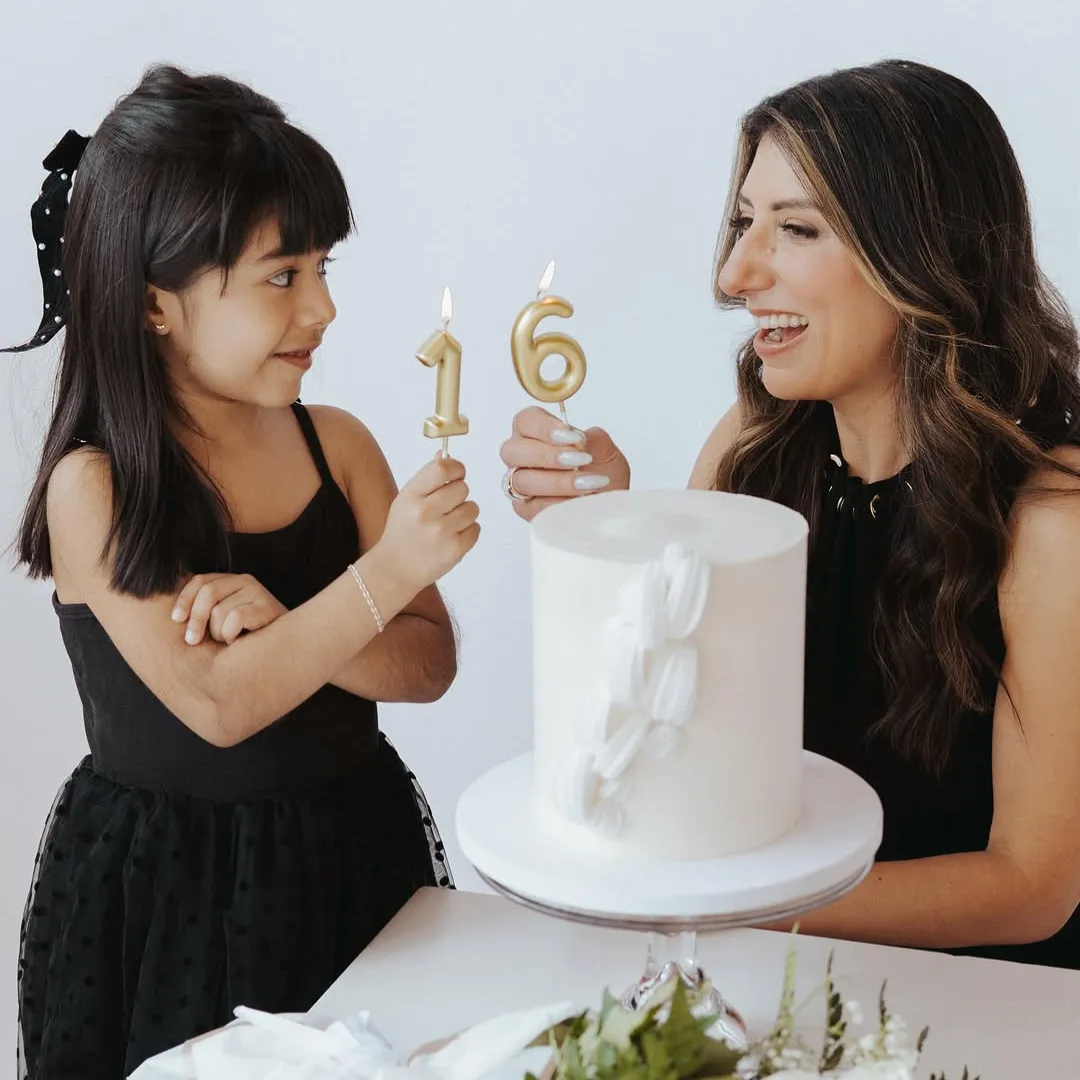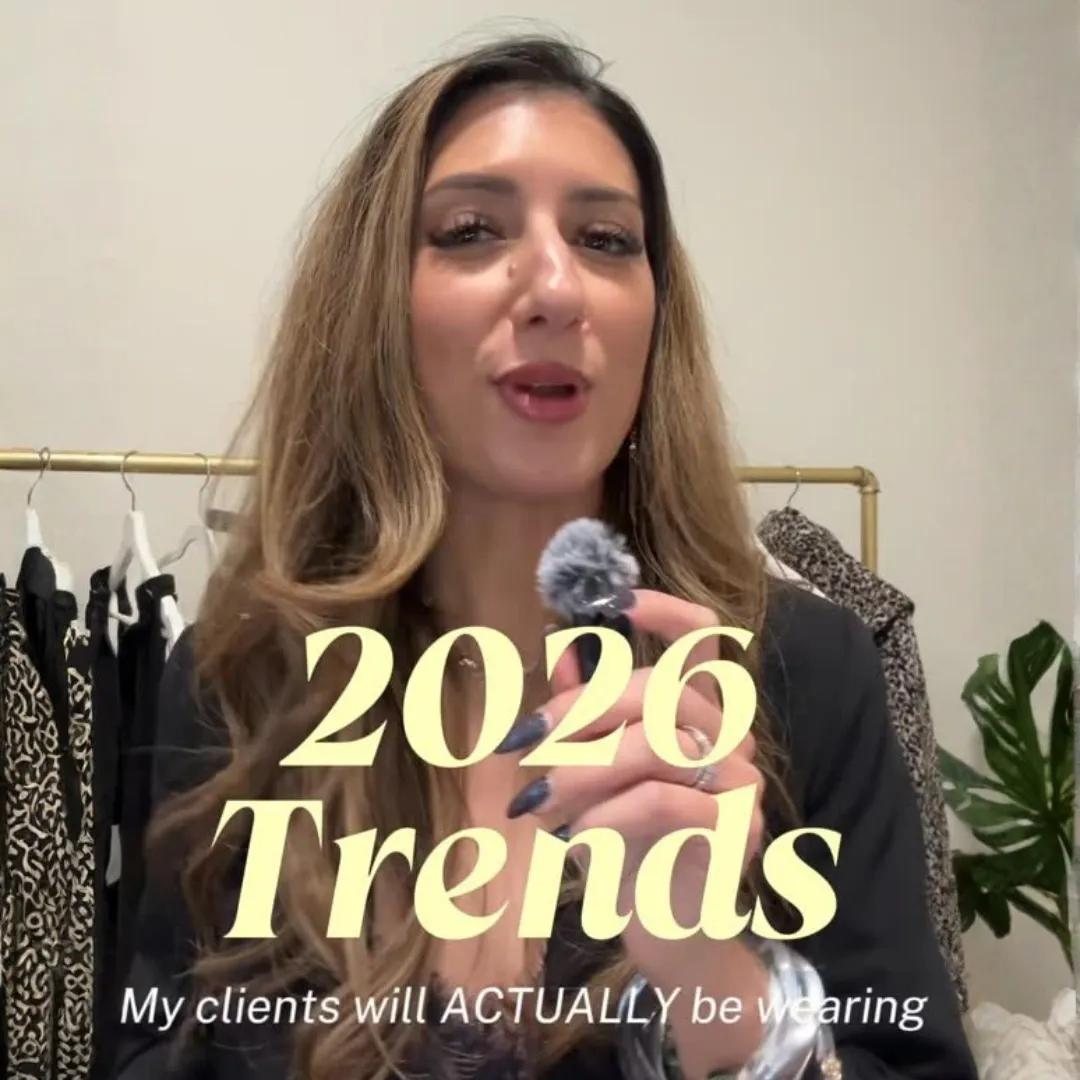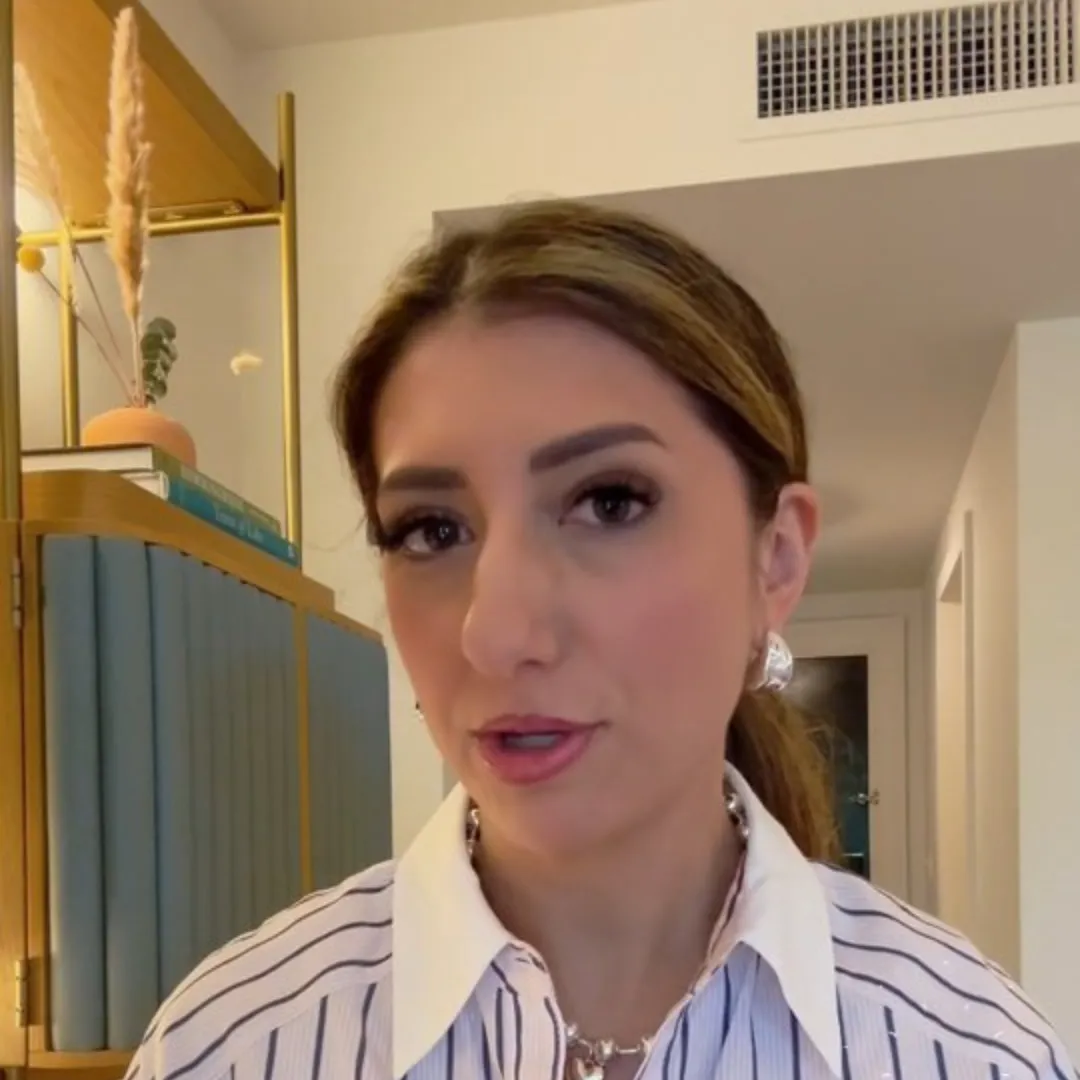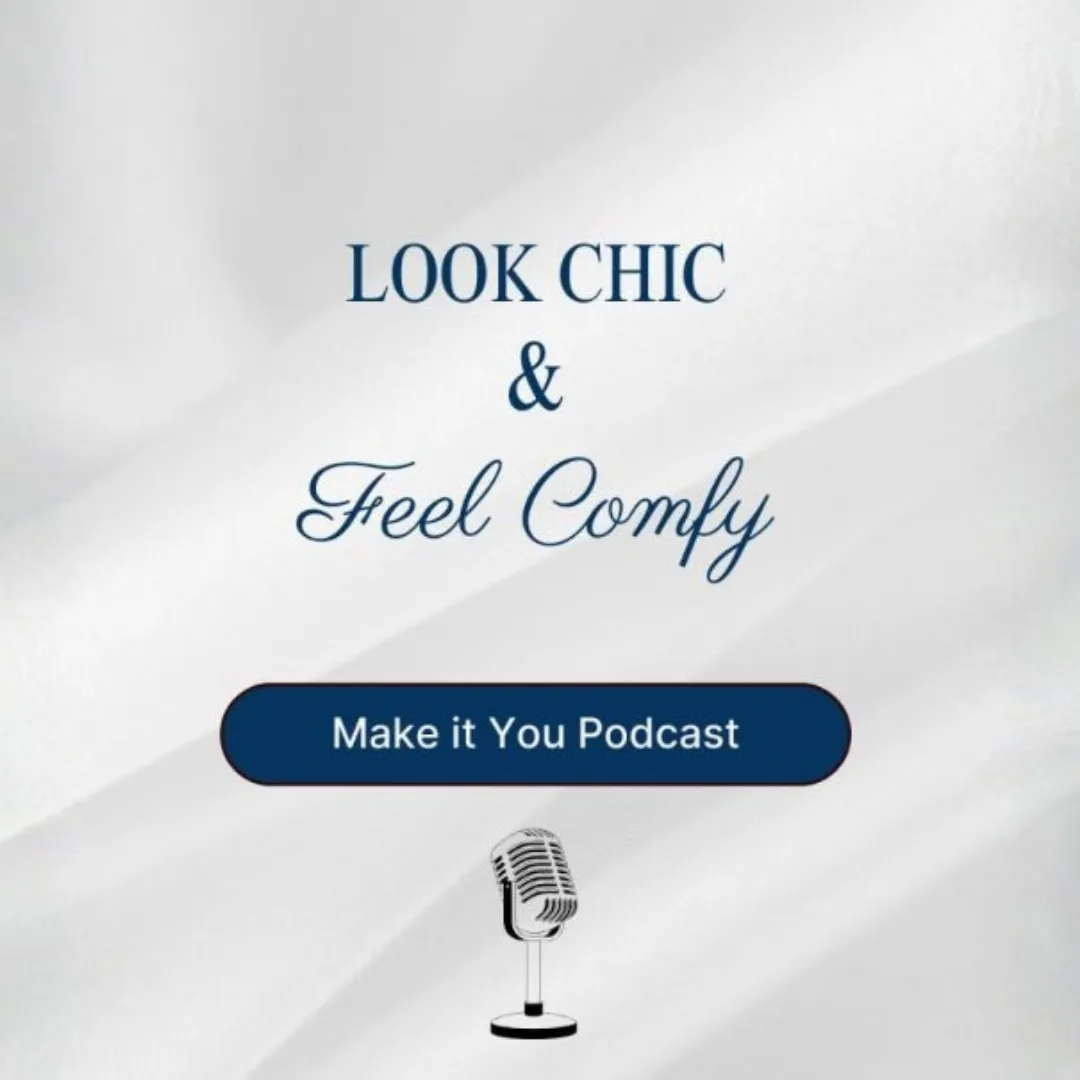
The Lies About Dieting with Katherine Metzelaar
Are you a disordered eater or just weight-conscious? If you are…
Always dieting
Restricting certain food groups
Constantly thinking about food
Ignoring your body’s hunger signals
…then these are all signs of disordered eating. It’s hard to recognize it as an issue, though, because we are inundated in a diet culture that normalizes these messages.

We constantly see ads featuring certain body types. We talk about dieting and restriction as if it’s okay to do this. Even our doctors speak about food as if it were a one-size-fits-all formula, when in reality it’s not.
Disordered eating is suffering in silence—so let’s work to change that.

SPOTIFY | ITUNES
Katherine Metzelaar of Bravespace Nutrition is a “non-diet” registered dietician who is dedicated to helping others create peace with their bodies and relationships with food, and is here to share her insights.
If you’ve ever wanted a way to reach out to someone you love who is struggling, or you are finding a way to understand your own disordered eating, this episode is definitely for you.
Please take time to screenshot and share this episode with someone you care about. Tag @BravespaceNutrition on Instagram when you share it!
As a stylist, I work with men and women of all ages, all body types, and all backgrounds. Sometimes I hear disheartening comments about what they don’t like about their body. I hope that this conversation helps you understand where these feelings come from.
In this conversation, we talk about:
The age you start to become aware of food limitations (it’s so young!)
The questions to ask yourself to get more in tune with your body
What suffering in silence looks like
How food might be taking up too much headspace
How “diet” is just as bad as the f-word
Steps to talk to a loved one about a concern you may have
My biggest takeaways:
Talking about eating disorders with someone you love really means you’re saying, “Hey—I see you, and I love you.” The most important part is holding a space for them to speak or stay silent, but letting them know you are there for them.
Quick fixes really mean I need help now. I loved how Katherine said, “When we are struggling with something for a long time, or deeply, of course we try to look for a quick fix to lessen the pain, why wouldn’t you?” But behind this, we also need to question if we need more help on a larger scale for lasting change.
Children and those you influence can feel and see the relationship with food that you have. It’s not just the words you say.
Talking about eating disorders with someone you love really means you’re saying, “Hey—I see you, and I love you.”
Share your biggest lessons below. I believe that sharing and writing out your thoughts help put it into action.
Get great inspiring updates and quotes that make you stop and think at @BravespaceNutrition.
Get information on her virtual body image support group and free discovery calls at bravespacenutrition.com.
If you’re looking to build a wardrobe that will increase your self-confidence, join me for my free live masterclass on September 9th, Slay Online Shopping.
